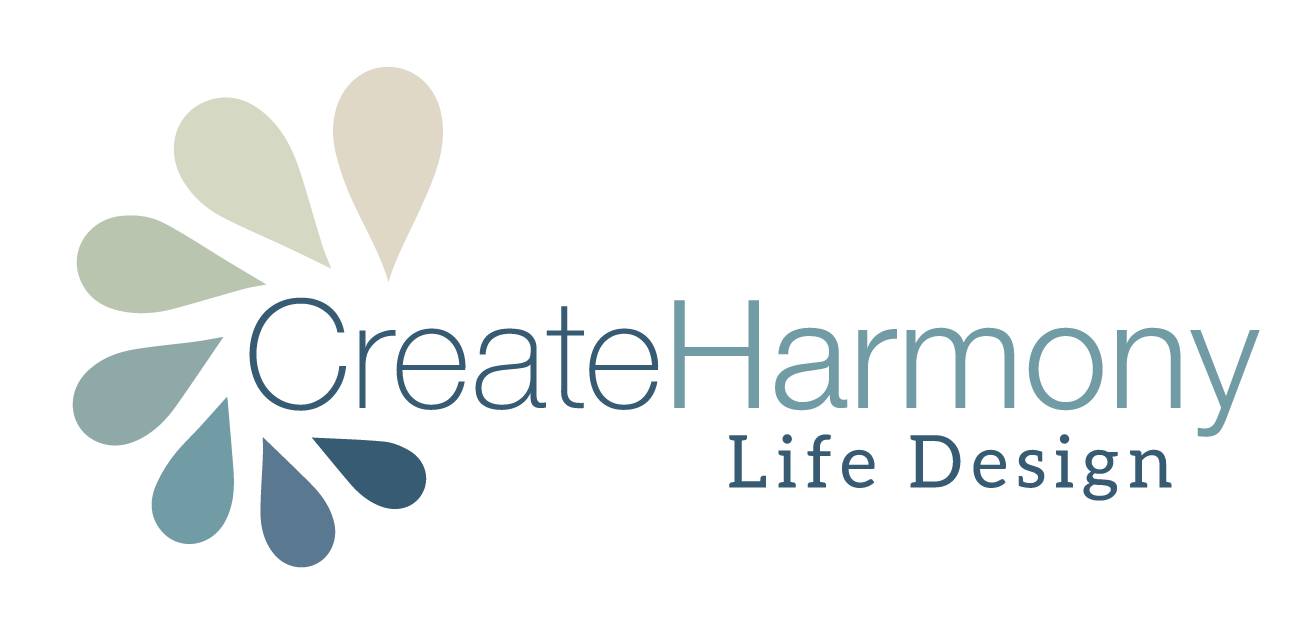
Peace Resource Library
Forming Habits to put your soul at rest
Below are contemplative reading Resources for you to Explore.
included are book titles as well as quoted sections from the texts. This gives insight into the book content and help you find where to start.
Peace is a Practice - By Morgan Harper Nichols
Interesting Ideas:
To practice peace is to take action. It is realizing that life is not about fixing or solving problems on our own. We are connected to a larger, greater network, and the best way forward is to stay focused to work we can do together. To practice peace, we have to be willing to fail and try again.
Peace does not mean everything is perfect. Rather, peace means you are able to find your breath, to stay connected to your very life, in the face of gritty realism.
Embracing silence doesn't mean staying silent forever. But through silence, we learn to choose our words wisely.
Instead of looking for light only as a way to avoid the shadows, what if we were willing to accept the whole picture?
We can't find a rhythm unless we're willing to make room for both the faster and slower aspects of life. In one second, we are inhaling. The next, we are exhaling. We don't have to be experts to practice creating rhythms in our daily life. Finding rhythms is about joining in the pulse of what's already happening.
Greatness, unlike success, is not about the accomplishment of a particular aim or purpose but about realizing that presence alone is purposeful. We live with the tension of both smallness and greatness every day, and both are part of continuing to become who we are meant to be.
Stillness is the key -by Ryan Holiday
Interesting Ideas:
The call of stillness comes quietly. The modern world does not.
Stillness is what aims the archers arrow.
The world is like muddy water. To see through it, we have to let things settle. We have to get better about thinking intentionally about the big questions.
The best journals are not for the reader, they are for the writer. To slow the mind down. To wage peace with Oneself.
Putting your own thinking down on paper lets you see it from a distance. Journaling is the spiritual windshield.
Unclutter Your Soul: Overcome what Overwhelms you
By Trina McNeilly
Interesting Ideas:
It's actually rare that someone doesn't have what I call soul clutter-the white noise of other's opinions, stories we tell ourselves to cope, lies we believed or agreed with, unregulated emotions, or pain that has become paralyzing.
Together, with the Holy Spirit as our guide, we will start on a journey of three stages:
Observe-Look at soul clutter
Own- Make space for a healthy inner environment
Overcome-Uncover tools for living clutter free
Familiar, it turns out-even when its not in our best interests-is comfortable. Whatever the clutter is for you, its hard to let go of because it's personal, familiar, difficult to dismiss.
There is a living home within you. Your body is your physical nature, the exterior. It is the structure of the home in which your spirit and soul reside. Your spirit is the eternal you-the true you.
Paying attention is a process. Observing takes time. Sitting in this kind of stillness is anything but inactivity because paying attention proceeds change.
When we don't know how to cope, we cope by not coping; we avoid. It takes considerable energy to avoid.
The Next Right Thing : A Simple, Soulful Practice For Making Life Decisions - By Emily P freeman
Interesting Ideas:
Doing the Next Right Thing is about shifting your focus from outcomes to the present moment.
Versions of this advice have been preached by everyone from Martin Luther King Jr to Alcoholics Anonymous. It’s also a practice that can be observed in the actions of Jesus Christ.
Eliminating distractions can help you understand your inner experiences. If you want to find your next right thing, you need to create space for yourself from distractions- you need to become a soul minimalist.
But sometimes silence isn’t enough to help you uncover answers to unmade decisions. In these cases, you have to try reflecting on your inner emotions. This practice is called naming the narrative.
Sometimes, God’s plan is more complex than we can possibly imagine. In those cases, it is helpful to look for arrows rather than yearning for explicit answers.
Also available from Emily P Freeman is The Next Right Thing Guided Journal. This is a hands-on tool to decision- making.
Cultivate What Matters - By Lara Casey
Interesting Ideas:
Dreams become decisions when you cultivate them
Cultivating means embracing what feels awkward and undone. It's okay to change your mind and pull something out that is not growing well and start fresh again. Embracing the imperfect is essential to growing what matters.
Look at the fruitless distractions in our lives, they are weeds. Weeds drain the life and nutrients out of what you want to grow.
Weeds can be tricky, though, because you can't just lop them off on the surface of the soil- you have to pull them out by the root.
Waiting times can also be times of ripening and preparation in our own lives

